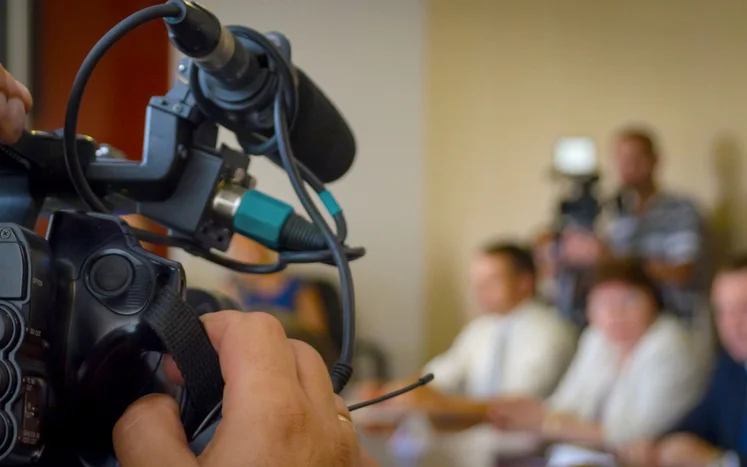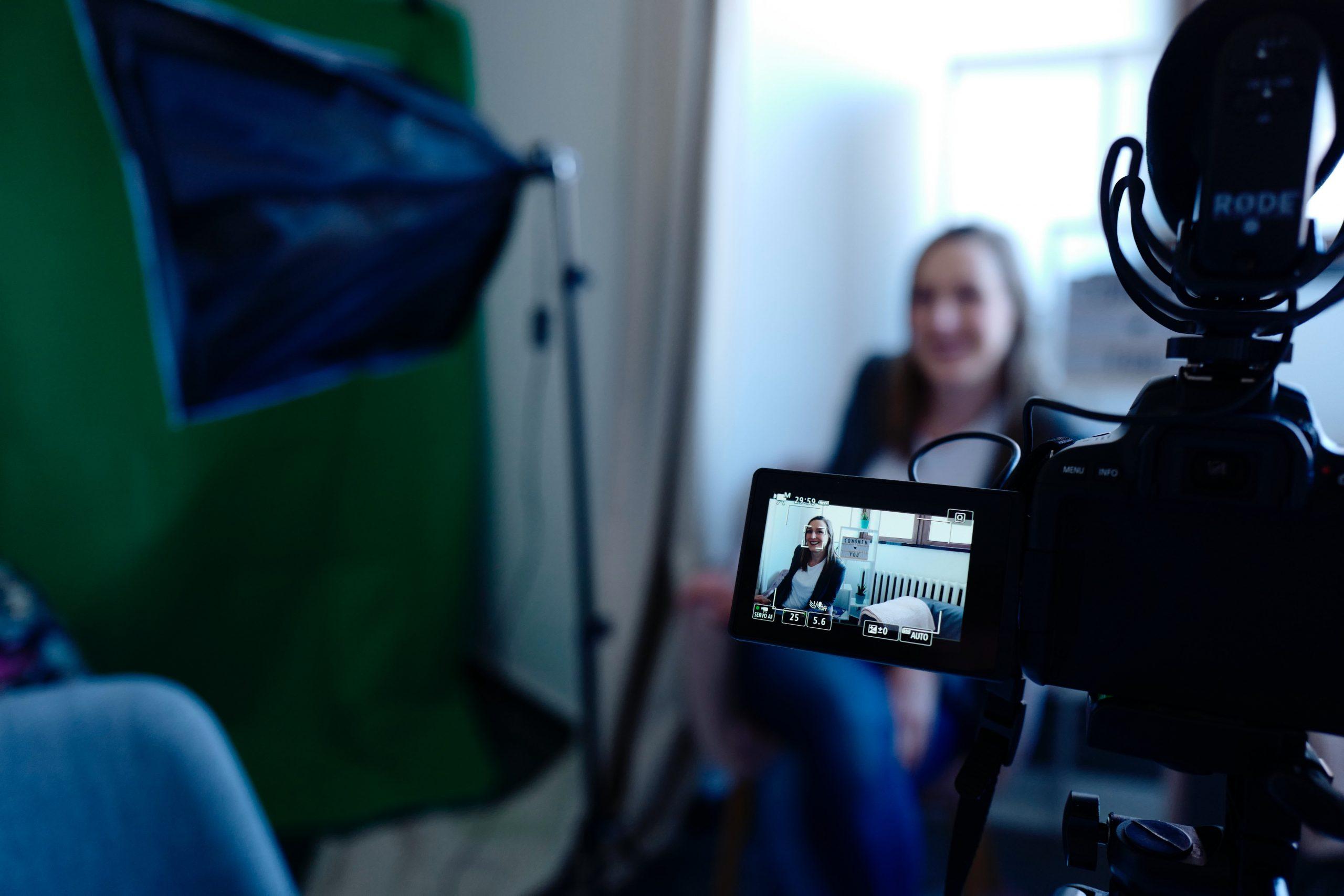The Role of Legal Videography in Depositions and Tests
Lawful videography has actually emerged as a crucial tool in both depositions and tests, supplying a multifaceted method to documenting witness testimonies. As lawful professionals progressively recognize its value, it motivates a much deeper examination of exactly how these visual records can affect juror perceptions and trial results.

Relevance of Legal Videography
Legal videography plays a critical duty in the documents and presentation of depositions and trials. This specific area incorporates technical skills with legal expertise to develop a trustworthy document of proceedings that can considerably affect instance end results. The visual aspect of legal videography improves the understanding of witness testament, permitting jurors and courts to observe not just the talked words but also the attitude, feelings, and body movement of the witnesses.
Furthermore, lawful videography gives an unbiased account of occasions, lessening the capacity for misconception that can accompany written transcripts alone. This aesthetic documents works as an important device throughout trial presentations, facilitating a more clear and more persuasive story for both plaintiffs and offenders. The capability to replay video sectors during court proceedings makes it possible for legal groups to highlight key factors, strengthening their arguments properly.
The value of legal videography expands beyond the court room; it likewise plays a vital duty in preserving proof for future reference, whether for allures or further lawful action. Therefore, its integration right into the legal procedure is important for making certain a fair and exact representation of the realities, ultimately adding to the pursuit of justice.

Refine of Legal Videography
While capturing the nuances of depositions and tests, the procedure of lawful videography involves a number of essential actions that ensure top notch, exact recordings. An expert legal videographer prepares by reviewing the case materials and comprehending the particular demands of the deposition or trial. This preparation includes familiarizing themselves with the participants and the context, which aids in capturing important details.
On the day of the recording, the videographer sets up the required equipment, which usually includes high-definition video cameras, microphones, and proper lighting. Ensuring optimal angles and audio top quality is vital, as it straight affects the effectiveness of the recording. The videographer communicates with lawyers and individuals to establish protocols, ensuring that every person recognizes the recording process.
During the deposition or test, the videographer thoroughly tapes the procedures, paying very close attention to both spoken and non-verbal hints. This includes recording the temperament and responses of witnesses and attorneys. After the session ends, the videographer might edit the video for clearness and compliance with lawful requirements, producing a last product that accurately mirrors the procedures for future referral and usage in legal contexts.
Advantages in Depositions
The consolidation of videography in depositions supplies many advantages that boost the overall procedure of gathering proof. One main advantage is the capability to capture witness statements with visual and acoustic fidelity, supplying a more precise representation of the witness's attitude, tone, and body language. This multidimensional technique allows lawyers and juries to examine reliability better than traditional written transcripts alone.
In addition, videographed depositions act as an effective tool for protecting testament. Ought to a witness ended up being unavailable for trial, their taped deposition can be played in court, ensuring that their evidence continues to be accessible and appropriate. This facet significantly decreases the threat of shedding important details that can impact situation end results.

Lastly, videography enhances the overall professionalism and reliability of the deposition process, instilling confidence in clients regarding the thoroughness of their lawful representation (legal videography). By leveraging technology, lawyers can considerably enhance the effectiveness of depositions
Influence on Trials
In lots of trials, the combination of videography can considerably influence the discussion of proof and click resources the jury's perception. Lawful videography catches witness testimonies and crucial evidence in a vibrant style, allowing jurors to involve with the material on multiple degrees. This visual part improves the storytelling facet of a trial, providing context and psychological resonance that typical text-based proof may do not have.
Furthermore, video clip recordings can serve as powerful devices for impeachment during interrogation. When inconsistencies occur in between a witness's previous statements and their court room statement, video evidence provides an unbiased reference that can persuade jurors' opinions. This immediacy and clearness can bolster the reputation of a celebration's story while concurrently undermining opposing disagreements.

Future Trends in Legal Videography
As we look towards the future of lawful videography, a number of emerging patterns promise to reshape its role within the courtroom. One significant fad is the assimilation of expert system (AI) in video clip evaluation and modifying. AI can enhance the process of determining essential moments in recorded depositions, allowing lawyers to promptly access pertinent web content, consequently improving effectiveness in case preparation.
In addition, the surge of online reality (VR) and boosted fact (AR) innovations is expected to change just how jurors experience proof. legal check these guys out videography. By submersing jurors in a simulated setting, these modern technologies can supply a much more profound understanding of complex circumstances, bring about his explanation more informed considerations
Additionally, the enhancing need for remote depositions, accelerated by the COVID-19 pandemic, will likely proceed. Lawful videographers will require to adjust to new software program and platforms to ensure high-grade recordings in online settings.
Finally, the expanding emphasis on information safety and security will certainly require more stringent protocols for saving and sharing video proof. As the legal landscape progresses, legal videographers need to stay abreast of these patterns to keep their significance and performance in the judicial process.
Verdict
In summary, legal videography offers an important feature in the judicial process, improving the stability of depositions and tests. By capturing the subtleties of witness testaments, this medium not just maintains important proof but likewise help in offering info properly to jurors. The importance of visual paperwork in reviewing trustworthiness and promoting cross-examination can not be overstated. As innovation proceeds to evolve, legal videography is poised to additional change its duty within the lawful landscape.